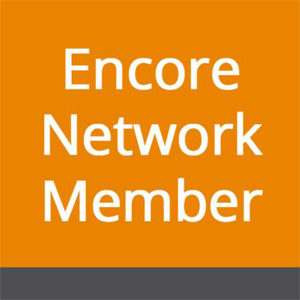 On June 24, Senator Susan Collins chaired a special Senate hearing called, “Work in Retirement: Career Reinvention and the New Retirement Workscape”. The purpose of the hearing was to emphasize that working longer greatly enhances financial security for older individuals and strengthens the economy as well. Labor force participation for adults age 65-69 rose from 18% in 1985 to 32% in 2014. People want to stay longer in their jobs, they want to remain active and make a contribution.
On June 24, Senator Susan Collins chaired a special Senate hearing called, “Work in Retirement: Career Reinvention and the New Retirement Workscape”. The purpose of the hearing was to emphasize that working longer greatly enhances financial security for older individuals and strengthens the economy as well. Labor force participation for adults age 65-69 rose from 18% in 1985 to 32% in 2014. People want to stay longer in their jobs, they want to remain active and make a contribution.
Top challenges that older workers face in the workplace are: out of date skills, age bias and an increased risk of becoming disabled while still working. In a recent book, “Unfinished Work: The Struggle to Build an Aging Workforce” Andrew Coleman confirms that not enough is being done by government and employers to update older worker training and address age bias. Coleman points out, “When you work with an older employee day in, day out, you see him or her as a full person. You see a job applicant as an old person. That’s why it takes someone 50 or older almost twice as long to get rehired after a layoff as a younger person.”
Speakers at the Senate hearing encouraged government and employers to assume greater responsibility for retraining their older workforce. A recent report by AARP, “ A Business Case for Workers Age 50+” cites the cost savings for employers that retool the skills of older experienced workers rather than hiring and training younger workers. This report is full of further evidence to show the value older workers provide to businesses along with specific best practices for employers to leverage this talent. Another recent study done by the SHRM foundation found that older workers offered many advantages for employers including: more work experience (cited by 77 percent of respondents); more maturity and professionalism (71 percent), and a stronger work ethic (70 percent). The SHRM survey revealed that although these employers value their older workers, only 20% have implemented programs that address these demographic changes in their workforce.
Kerry Hannon, author, journalist and AARP’s job expert ended her testimony at the Senate hearing by saying, “I think we’re facing a tsunami of retirees who will find that they are going to outlive their savings. Working longer or working part time in retirement is a very important part of financial security for older Americans”.
I am optimistic about the future of work simply because we have started the conversation recognizing the demographic shift and identifying what is needed to create a win-win for both employers and older workers. Workers are ready to move into new forms of employment such as part time, project work or encore careers. Businesses are facing a large exit or brain drain over the next 10 years. Phased out retirement programs can be a very helpful solution to fill employer’s workforce pipelines and provide meaningful employment for millions of older workers.
I am also optimistic because the same conversation is going on in our national government where leaders are identifying specific strategies to address this shift.
And finally, I am optimistic that these and other recent surveys and reports keep highlighting the pioneers who are on the cutting edge and leading the encore movement to make meaningful change for American workers and businesses.
 Encore Tampa Bay is committed to continue the conversation here in our own community. We will be hosting business forums and writing more articles that will shine the light on ways that employers can make the shift! Stay tuned – More to come…
Encore Tampa Bay is committed to continue the conversation here in our own community. We will be hosting business forums and writing more articles that will shine the light on ways that employers can make the shift! Stay tuned – More to come…

